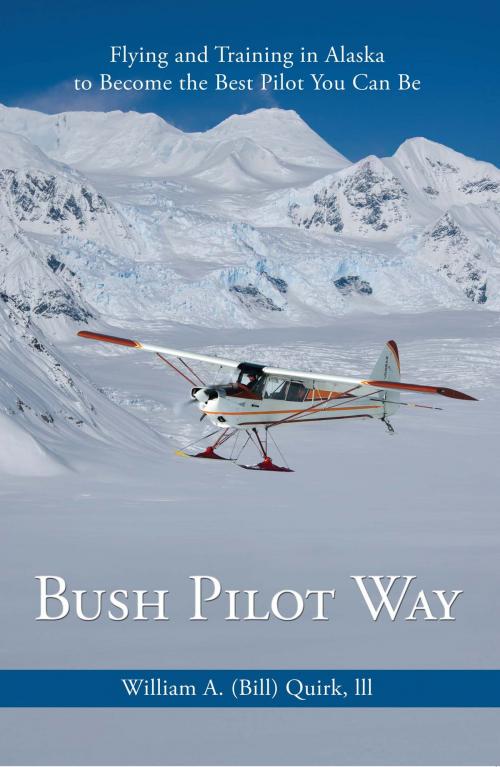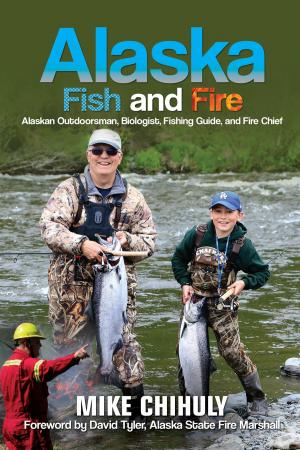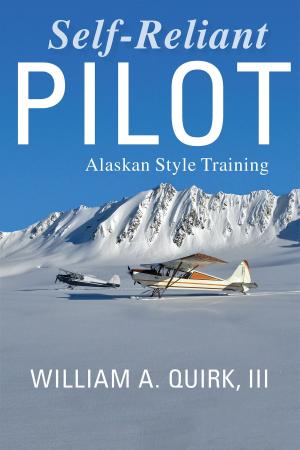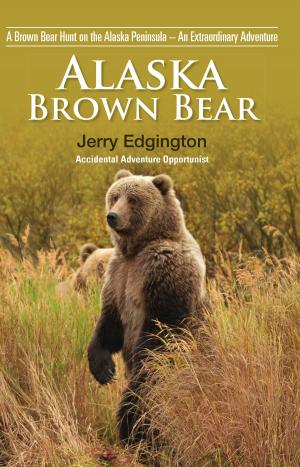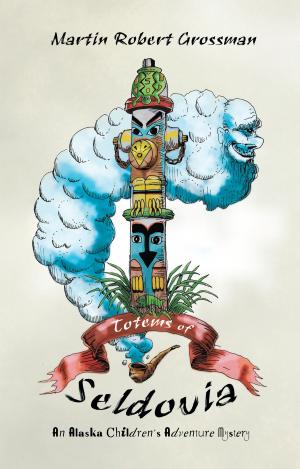Bush Pilot Way
Flying and Training in Alaska to Become the Best Pilot You Can Be
Biography & Memoir, Reference| Author: | Bill Quirk | ISBN: | 9781594333828 |
| Publisher: | Publication Consultants | Publication: | January 4, 2014 |
| Imprint: | Publication Consultants | Language: | English |
| Author: | Bill Quirk |
| ISBN: | 9781594333828 |
| Publisher: | Publication Consultants |
| Publication: | January 4, 2014 |
| Imprint: | Publication Consultants |
| Language: | English |
Color-illustrated, Bush Pilot Way, focuses on flying small taildragger aircraft and landing them in remote and challenging terrain in wild Alaska. It presents the author's explanation of his aviation journey in Alaska. The journey displays the inspiration of flying in Alaska, defining who are Alaska's modern-day bush pilots, and showing the training necessary to become the best pilot you can be. It also presents the causes for the elevated aircraft accident rate in Alaska and how to avoid such incidences. Bush Pilot Way serves as a primer for training the Alaska bush pilot way. Once a pilot learns how to train according to the book, additional or new training can be carried out, without difficulty, because the pilot has already learned the foundation for training. Bush Pilot Way is a classical training manual because it is written in a contemporary style that is always current. As time goes forward, the strategy for training will remain the same. Fifty-two distinctive narratives comprising the appendix, show general aviation topics and authenticated experiences of a skilled pilot flying Alaska's uninhabited backcountry. The narratives include the inspiration of flying Alaska's coastal mountains, glaciers, and fjords; flying and landing in Alaska's backcountry in winter on skis and in summer on Bushwheels; flying wildlife surveys and observing rare wildlife encounters.
Color-illustrated, Bush Pilot Way, focuses on flying small taildragger aircraft and landing them in remote and challenging terrain in wild Alaska. It presents the author's explanation of his aviation journey in Alaska. The journey displays the inspiration of flying in Alaska, defining who are Alaska's modern-day bush pilots, and showing the training necessary to become the best pilot you can be. It also presents the causes for the elevated aircraft accident rate in Alaska and how to avoid such incidences. Bush Pilot Way serves as a primer for training the Alaska bush pilot way. Once a pilot learns how to train according to the book, additional or new training can be carried out, without difficulty, because the pilot has already learned the foundation for training. Bush Pilot Way is a classical training manual because it is written in a contemporary style that is always current. As time goes forward, the strategy for training will remain the same. Fifty-two distinctive narratives comprising the appendix, show general aviation topics and authenticated experiences of a skilled pilot flying Alaska's uninhabited backcountry. The narratives include the inspiration of flying Alaska's coastal mountains, glaciers, and fjords; flying and landing in Alaska's backcountry in winter on skis and in summer on Bushwheels; flying wildlife surveys and observing rare wildlife encounters.
